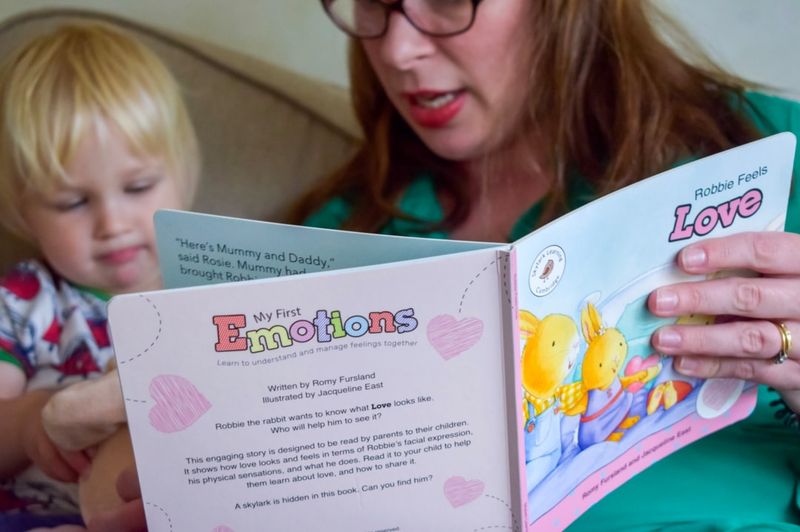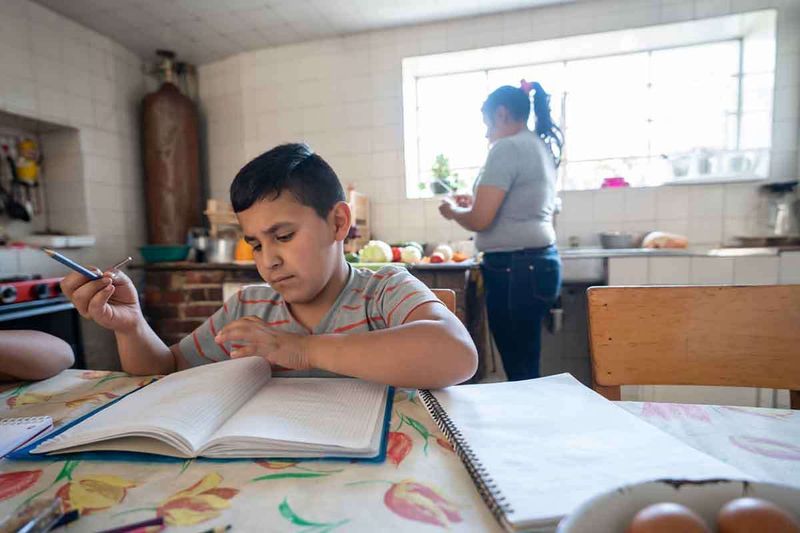14 Mistakes Parents Make When Trying to “Fix” Bad Behavior

Addressing and correcting undesirable behaviors in children presents challenges for many parents. While aiming to improve behavior, certain approaches may inadvertently reinforce the undesired actions. This article highlights fourteen common mistakes parents make while attempting to manage bad behavior, along with strategies to overcome them.
1. Inconsistent Discipline

Inconsistent discipline can leave children puzzled about what is expected of them. Imagine a room where rules change daily; it’s confusing, right? Consistent rules help children understand boundaries and the repercussions of their actions. When parents apply discipline inconsistently, it undermines trust and clarity. Children thrive on routine and predictability. Consistency in discipline reinforces understanding and compliance, creating a stable environment. It’s essential to establish clear, consistent rules and stick to them. This not only fosters a sense of security but also helps children develop a strong moral compass and respect for authority.
2. Overreacting to Negative Behavior

Overreacting to a child’s misbehavior can inadvertently give it more power. Consider the difference a calm response makes when addressing outbursts. Anger or intense reactions can escalate situations, providing the child with attention that reinforces negative behavior. Maintaining composure allows parents to address issues rationally. It’s about teaching children that misbehavior doesn’t control the family dynamics. A calm approach ensures that the focus remains on resolving the issue, not feeding into it. This method encourages the child to reflect on their actions rather than react emotionally.
3. Bribing for Compliance

Bribing children to behave sets a precedent where they expect rewards for basic compliance. Think about the long-term effects of always receiving candy for tidying up. Over time, this can undermine intrinsic motivation and foster a transactional approach to relationships. Instead, guide children towards understanding the natural consequences of their actions. Encouraging good behavior through praise and recognition, rather than tangible rewards, cultivates a sense of personal responsibility. Children learn to value doing the right thing for its own sake, not just for a prize.
4. Failing to Model Desired Behavior

Children learn by watching adults, which makes modeling desired behavior crucial. Imagine a child watching a parent handle stress calmly; it’s a powerful lesson. When parents fail to model behaviors they wish to instill, it sends mixed messages. Demonstrating patience, kindness, and respect teaches children these values far more effectively than words alone. Consistent adult behavior sets the stage for children to emulate positive actions. This proactive approach fosters an environment where desired behaviors are naturally adopted by young observers, creating lasting behavioral change.
5. Not Teaching Alternative Behaviors

Simply telling a child to stop a negative action without offering alternatives can be futile. Consider the impact of showing a child how to express anger through art. Providing alternative behaviors equips children with tools to manage emotions constructively. Redirecting energy into positive expressions fosters resilience and adaptability. It’s about turning “don’t do that” into “try this instead,” empowering children to make better choices. By teaching alternatives, parents not only curb undesirable actions but also nurture problem-solving and emotional intelligence in their children.
6. Ignoring the Root Causes

Addressing only the symptoms of misbehavior often leads to temporary fixes. Imagine ignoring a plant’s wilting leaves while its roots lack water. Understanding the underlying causes of a child’s actions can lead to more effective solutions. Whether it’s stress, a need for attention, or external influences, delving deeper helps in crafting a targeted approach. Engaging in open dialogue with children allows parents to uncover hidden issues. By recognizing and addressing these root causes, parents can implement strategies that lead to genuine behavioral improvements, fostering a healthier emotional environment.
7. Over-Punishing

Severe punishments can breed resentment and rarely lead to meaningful change. Think of how excessive scolding might feel to a child; it’s more alienating than instructive. Effective discipline involves proportional consequences that focus on teaching rather than punishment. Children learn better when they understand the reasons behind rules and the outcomes of their actions. It’s about guiding them towards self-reflection and understanding, rather than instilling fear. By emphasizing understanding and growth, parents can foster environments where learning from mistakes becomes a natural part of childhood development.
8. Not Following Through on Consequences

Failing to consistently enforce consequences can undermine parental authority and confuse children. Picture a scenario where promises of discipline are often forgotten; it leads to uncertainty. Consistent follow-through on established rules creates a clear understanding of expectations. When children know that words and actions align, they develop respect for boundaries. It’s crucial to remain steadfast in applying consequences, as this builds trust and reinforces lessons. This approach instills a sense of reliability and security, helping children internalize the value of rules and accountability in their daily lives.
9. Comparing Children to Others

Comparing children to their siblings or peers can harm self-esteem and motivation. Imagine the discouragement in hearing, “Why can’t you be more like your brother?” Focusing on individual strengths and progress fosters a supportive environment. Celebrating unique qualities and achievements encourages children to excel in their own right. Every child is distinct, with personal talents and challenges. By embracing these differences, parents nurture confidence and self-worth. This approach cultivates a positive self-image, motivating children to pursue their passions without the shadow of comparison looming over them.
10. Not Validating Feelings

Ignoring or dismissing a child’s emotions can create barriers to understanding. Picture a child being told, “You’re fine,” without acknowledging their tears. Validating feelings helps build trust and open communication. When parents take time to listen and validate emotions, children feel valued and understood. Recognizing emotions doesn’t mean agreeing with them, but it does mean respecting them. This practice nurtures emotional intelligence and resilience, equipping children with the ability to articulate their feelings. Acknowledging emotions leads to healthier relationships and a stronger family bond, promoting overall well-being.
11. Over-Scheduling

Filling a child’s schedule to the brim can lead to stress and burnout. Imagine the exhaustion of never having a moment to simply play or relax. Children need downtime to explore their creativity and unwind. Over-scheduling deprives them of opportunities for spontaneous play and self-discovery. It’s essential to strike a balance between structured activities and free time. Allowing space for unstructured play fosters mental health and personal growth. By ensuring children have time to rest and relax, parents support their overall well-being and encourage a healthy approach to life’s demands.
12. Not Setting Clear Boundaries

Lack of clear boundaries can lead to confusion and misbehavior. Visualize a game without rules; it’s chaotic and directionless. Establishing firm boundaries provides children with a framework for acceptable behavior. Clear rules create a sense of safety and predictability. When children know the limits, they’re more likely to respect them and behave accordingly. Consistent boundaries guide children in understanding expectations and consequences. This clarity promotes a harmonious family environment where respect and cooperation thrive, helping children develop a strong sense of responsibility and respect for others.
13. Not Allowing Natural Consequences

Shielding children from the natural outcomes of their actions prevents valuable lessons in responsibility. Imagine a child who never faces the consequences of their forgotten homework. Experiencing natural outcomes teaches accountability and fosters growth. Allowing children to encounter the consequences of their choices instills a deeper understanding of cause and effect. This method encourages thoughtful decision-making and independence. By stepping back and letting natural lessons unfold, parents prepare children for real-world challenges, building resilience and adaptability. This approach promotes self-reliance and a deeper sense of responsibility.
14. Not Encouraging Independence

Over-managing children’s lives can stifle their growth into independent adults. Imagine the disservice of doing everything for them, leaving them unprepared for life’s tasks. Encouraging independence fosters self-reliance and confidence. Assigning age-appropriate responsibilities helps children develop crucial life skills. It’s about guiding rather than controlling, allowing them to learn from experiences. This empowerment builds self-esteem and prepares children for future challenges. By nurturing independence, parents help instill a sense of capability and self-assurance in their children, paving the way for confident, successful adults.

Comments
Loading…